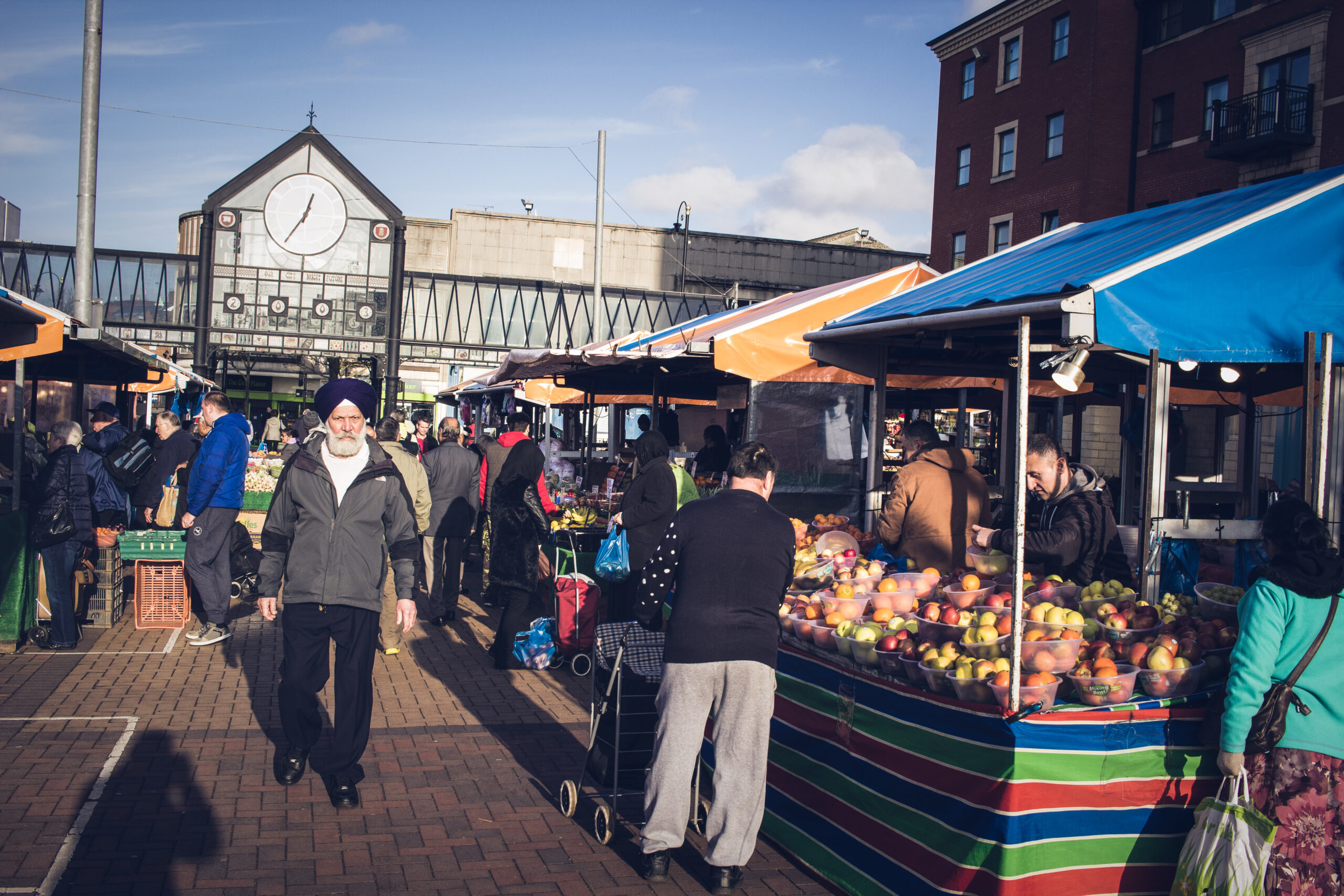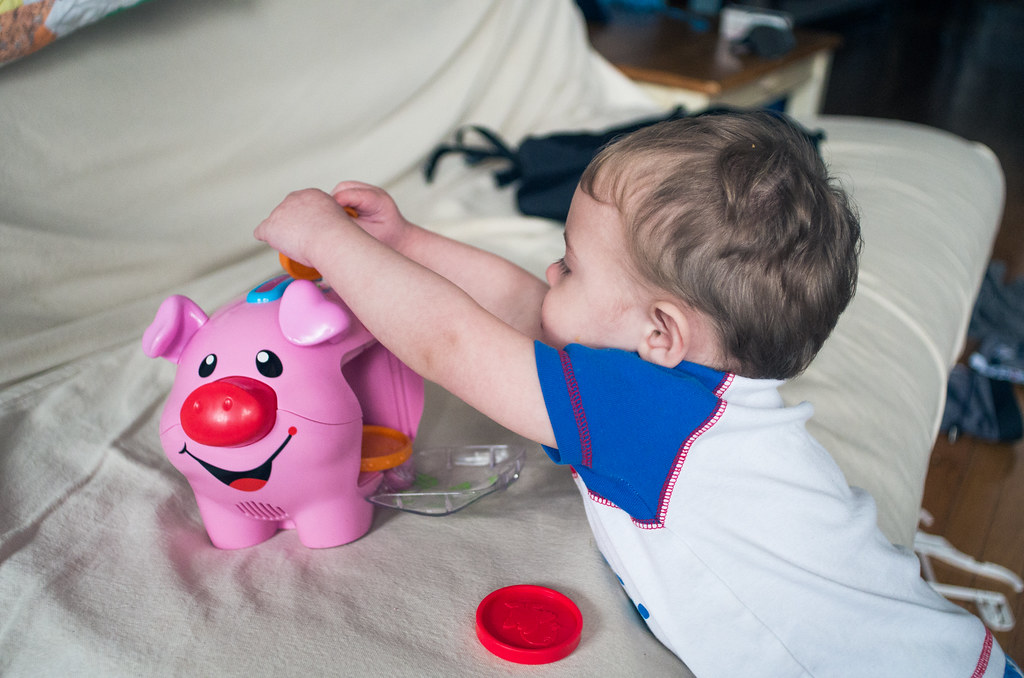Coronavirus has created worldwide chaos for every industry imaginable. Many businesses have closed their doors indefinitely, millions of workers have been furloughed and the United Kingdom has been plunged into economic uncertainty. While COVID-19 is new to us all, landlords have been facing precarious financial conditions for years as Britain’s appetite for pubs declined. Previously low profits compounded by a global pandemic are likely to call closing time on pubs nationwide.
Between 2001 and 2018, around 13,000 pubs in England and Wales locked up for good. Recently, things were looking up. Government action allowed councils to declare public houses ‘assets of community value’. This means communities can then enact the Community Right to Bid if the asset is listed for sale, giving them six months to determine if they can raise the finance to purchase the asset and save their local. This measure seems to have been somewhat successful: although overall numbers continued to decline in 2019, pubs were disappearing at a much slower rate.
However, evaluations of the U.K. economy suggest that the future is bleak for Britain’s small businesses, especially in the hospitality industry. Following government guidelines to prevent the spread of Coronavirus, punters were implored to stay at home and bars and restaurants were forced to close.
As a result of the crisis, some bar-based businesses have diversified. Gastropubs began offering parts of their menu to takeaway while others offered crates of craft ale are being delivered to customers’ doorsteps. These are novel ways to generate profit in the short-term with spare cash allowing some Brits to support their favourite pubs by bringing the inn experience into their homes.
Despite these innovations, the long-term economic impacts of lockdown could leave landlords in the lurch. Recent reports reveal that the U.K. economy shrank by a massive 20.4% in April, following a 5.8% reduction in March. Such dramatic drops are likely to plunge Britain into a recession, which- at best- may return pub closure rates to their 2018 levels. At worst, rates will exceed anything we’ve seen before and the country will experience a new epidemic of pub closure.
By the time bars and restaurants can reopen, many Brits will have become accustomed to staying at home. Some non-essential small businesses were able to reopen from June 15th, but pubs will remain closed until July. People may continue to use convenient home delivery services rather than returning in swathes to their former drinking spots. The low price of supermarket alcohol was cited as a cause of poor pub health pre-Coronavirus, and an extended stint of staying at home has shown many regulars that there are savings to be made.
As well as remaining at home for the financial benefits, many people will be reluctant to take the health risk of returning to packed social spaces. Initially, businesses will be required to follow social distancing and stricter hygiene rules, but staff wearing face masks and gloves is unlikely to override the psychological impact of over 40,000 Coronavirus deaths being reported on the news each night.
Chancellor of the Exchequer Rishi Sunak was praised for his generous response early in the pandemic. In a display of Keynesian economic policy unseen since the pre-Thatcher era, the Conservatives subsidised wages through the furlough scheme and businesses have claimed billions in government grants.
Of course, such generous lending cannot go on indefinitely. Government action before Coronavirus was slowing the decline of pub closure, so the Conservatives should endeavour to support the sector as much as possible to protect jobs and community social hubs. Continuing tax breaks for small businesses would give owners some breathing space and allow them to slowly rebuild, even if profits are initially low.
Despite the predicted economic doom and gloom, pubs could be among the first to benefit as Britain bounces back from lockdown. Loneliness during the pandemic is predicted to have negative long-term health implications: a recent University of Bath-led study warned that adolescents currently enduring isolation are more likely to develop depression in the future. The remedy, for many, may lie at the local. Eager to reunite with loved ones for a catch up and a cold pint, a return to normality might signal an upturn in pub foot traffic.
If financial struggle does occur, the saving grace for pubs could be community co-operatives. The model, where individuals unite to purchase and operate an establishment, has become popular in recent years. The UK is now home to 60 community-owned pubs, with extra support for the sector arriving in the form of a new network offering advice, support and resources to help businesses set up.
A local run by locals provides much more than a well-pulled pint; the co-operatives often invest profits into community projects such as lunch clubs for elderly residents. Co-operatives have mostly prevented closure of pubs in rural areas, but communities all across post-pandemic Britain will understand the value of preserving meeting places and preventing loneliness.
The sector has seen 30% growth and the reason the model could be a good post-pandemic band-aid is due to the resilience of the ownership model. Reflecting the increased resilience of co-operatives, Community owned pubs have a survival rate of 100%, meaning they could be the ideal model for pubs as we head into a possible Autumn recession.
However, the obvious casualty of a shrinking economy is the job market. Huge employers such as Heathrow Airport and British Gas have announced mass layoffs, and many businesses will be unable to keep workers on as the furlough scheme comes to an end. The maths is simple: Britain minus millions of jobs means less disposable income to be spent in pubs and clubs. This equation equals disaster for the service industry, and makes co-operative ownership look like a less plausible solution.
Placing additional demands on struggling communities is unlikely to stimulate large-scale salvation of Britain’s pubs. The responsibility for keeping businesses afloat during our economic recovery ultimately lies with the government, because small business failure will elongate our recession and leave the country’s service economy decimated within a few short years. Generous grants are on offer, but the long-term recovery of pubs and restaurants will lie in fiscal policy. Implementing policies that relieve business owners of some financial obligations – and do not encourage large loan-taking- or put more money in the pockets of consumers would be a step in the right direction towards a Britain that supports its small businesses.
Staying two metres apart and away from the local has been critical in reducing the spread of Coronavirus. As we slowly emerge and politicians return to the House of Commons, the need for a comprehensive service economy recovery package is critical. A return to Keynesian financial policies may be a difficult shot for the Conservatives to swallow, but without government intervention, Britain’s independent bars will suffer the Coronavirus hangover.





